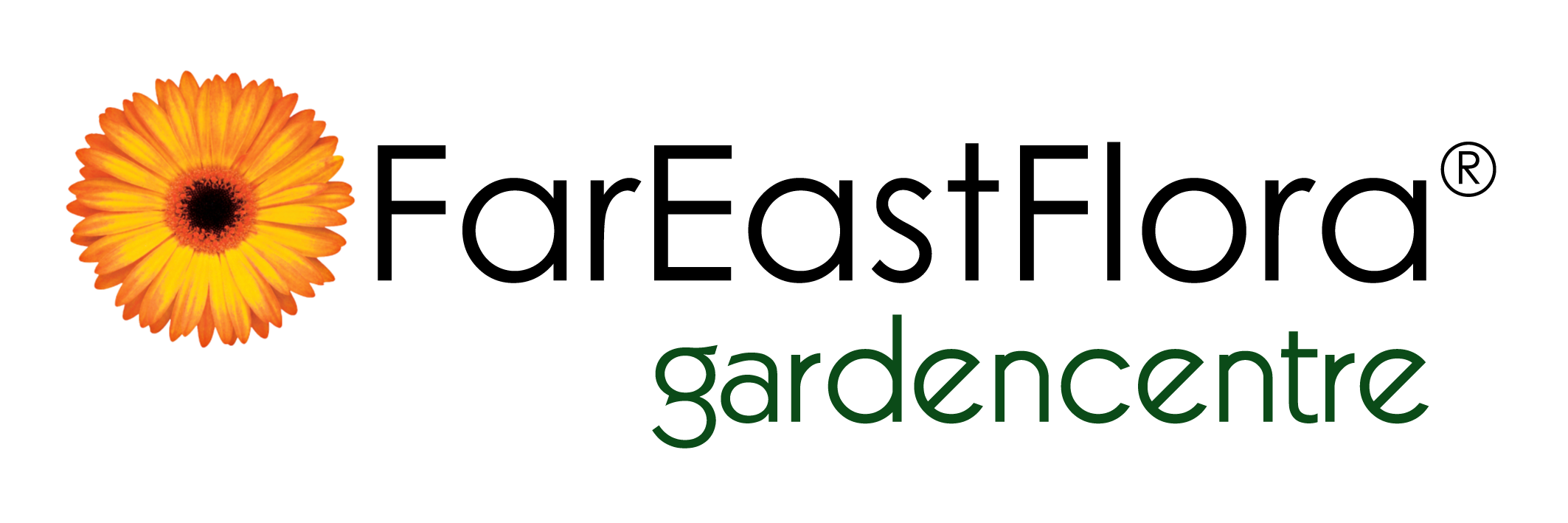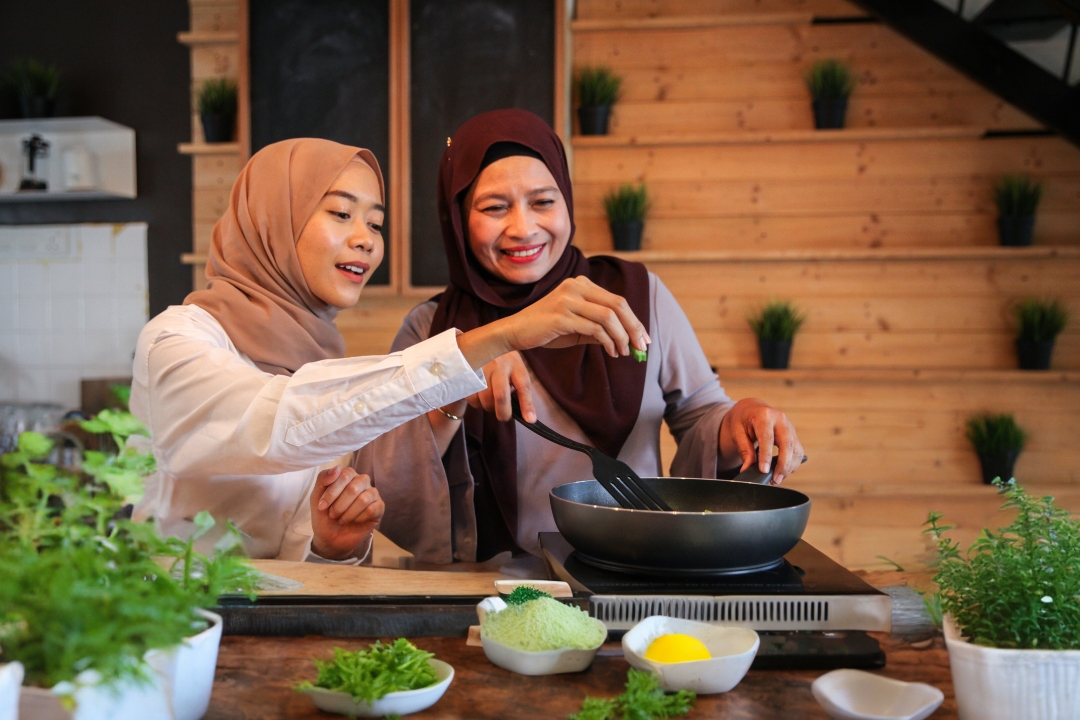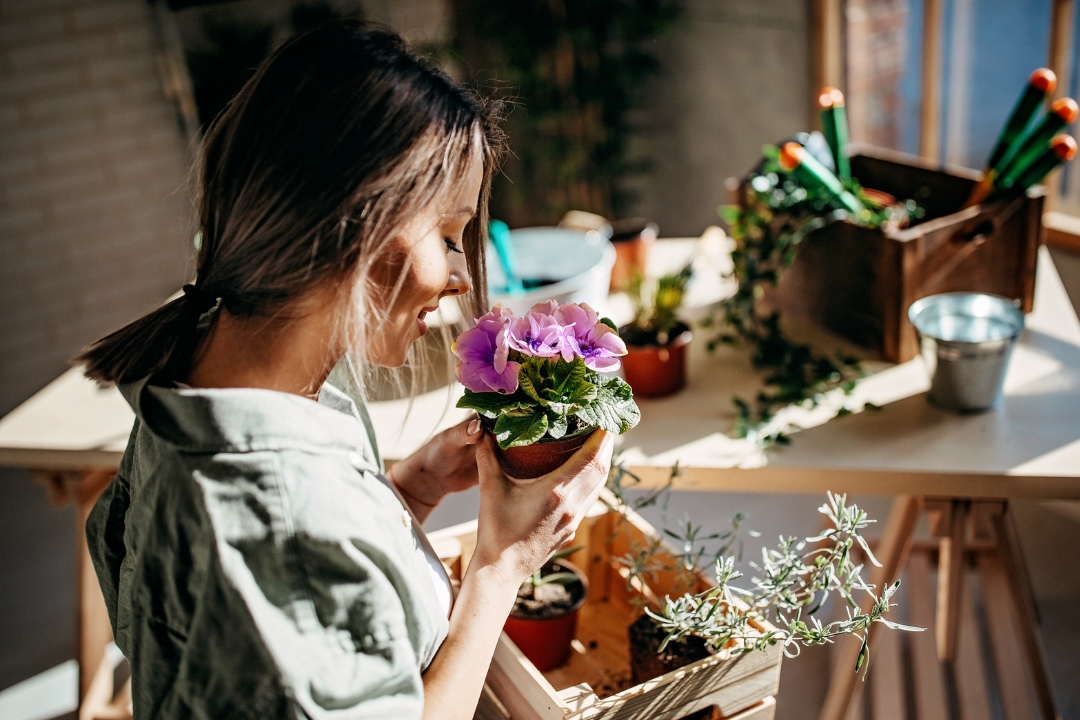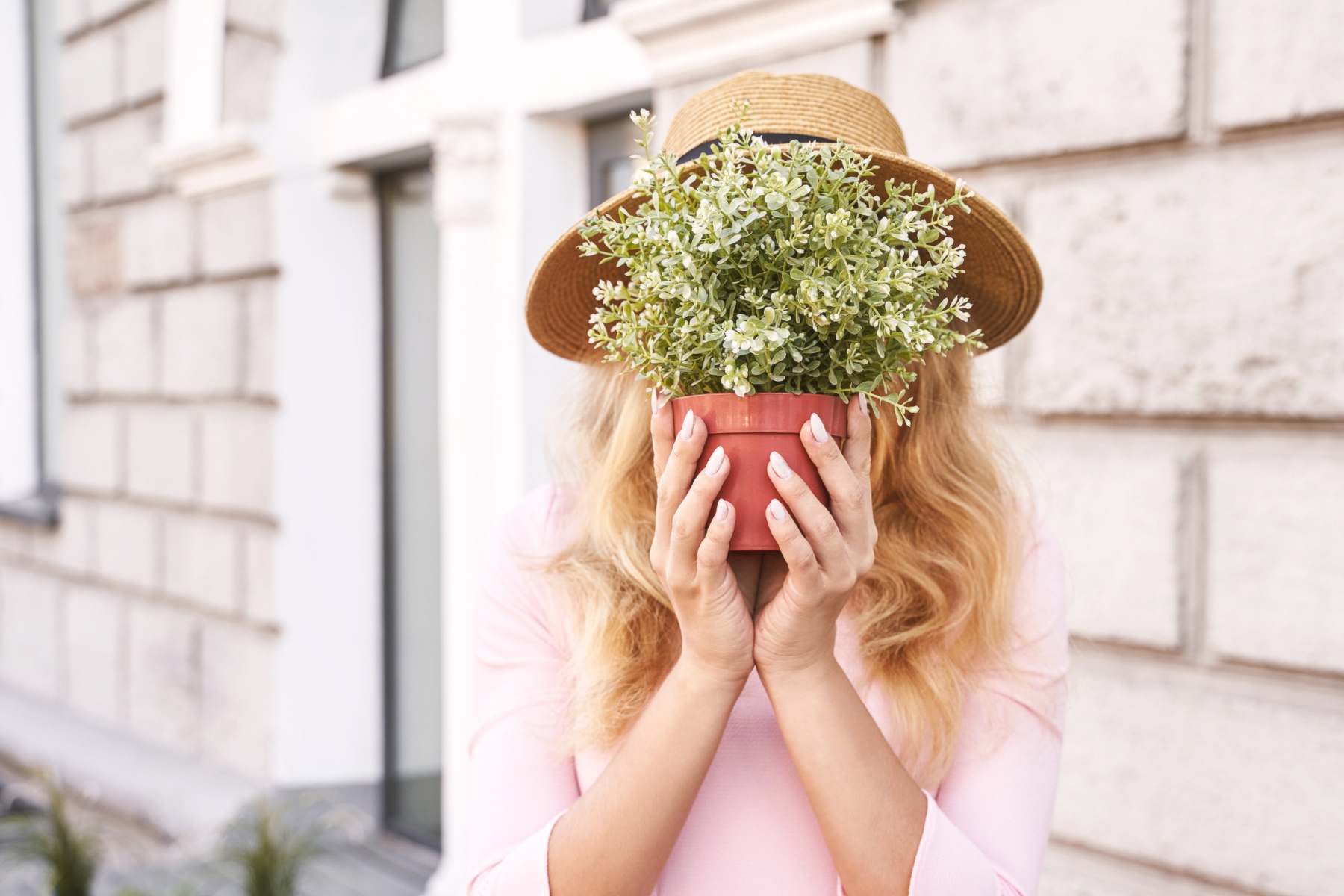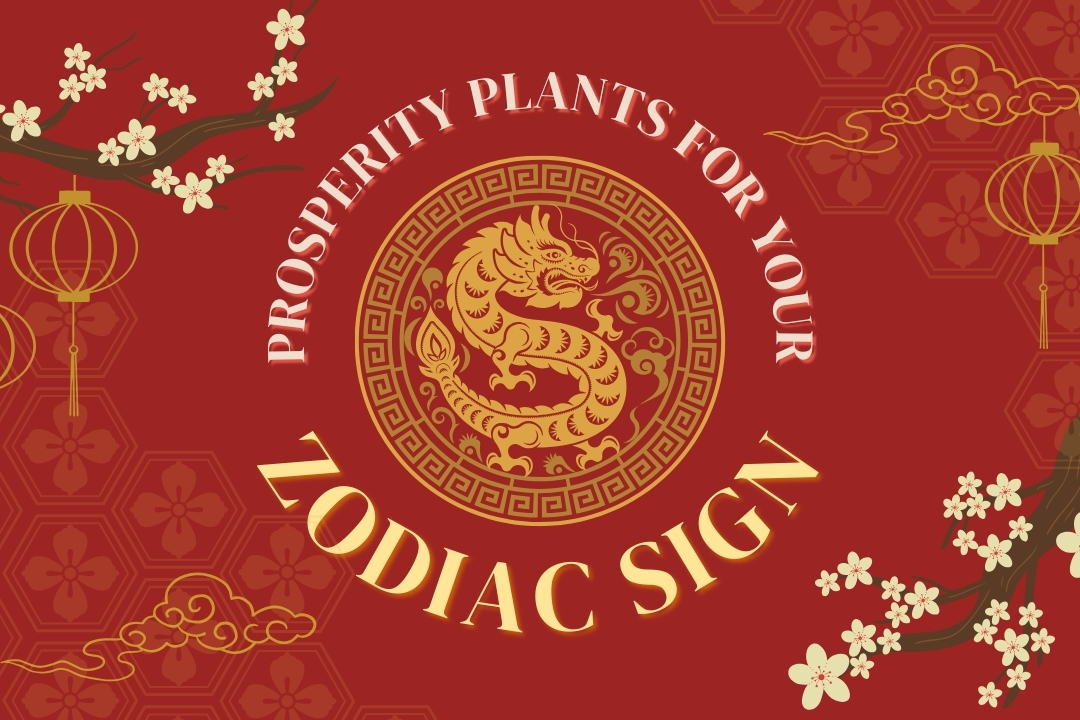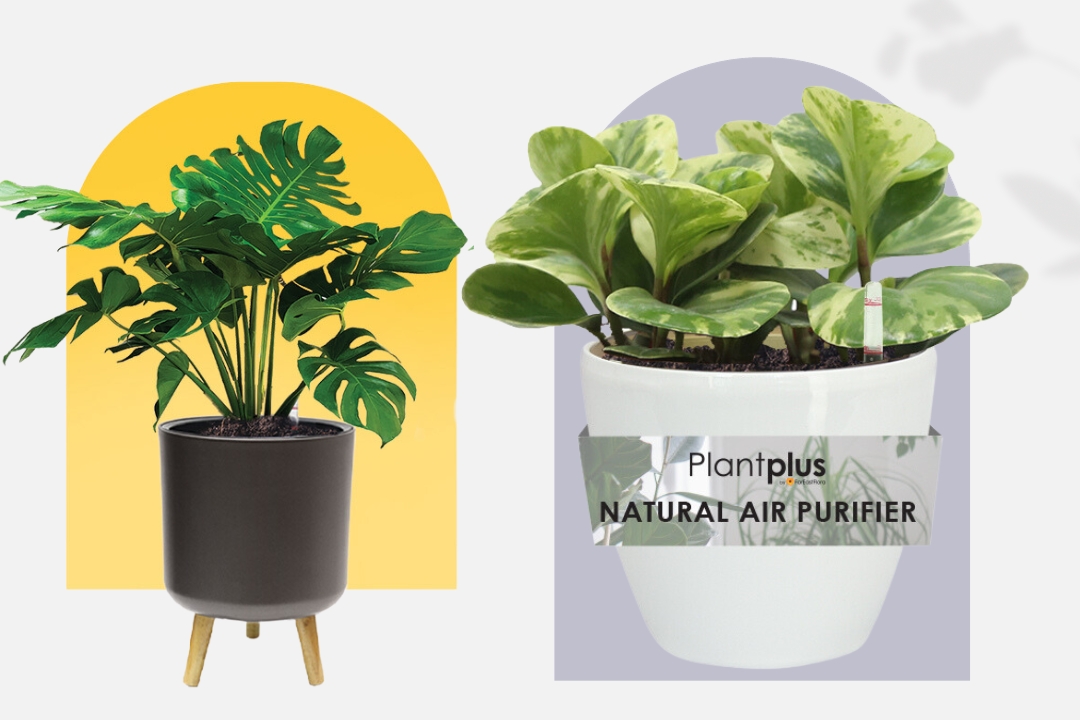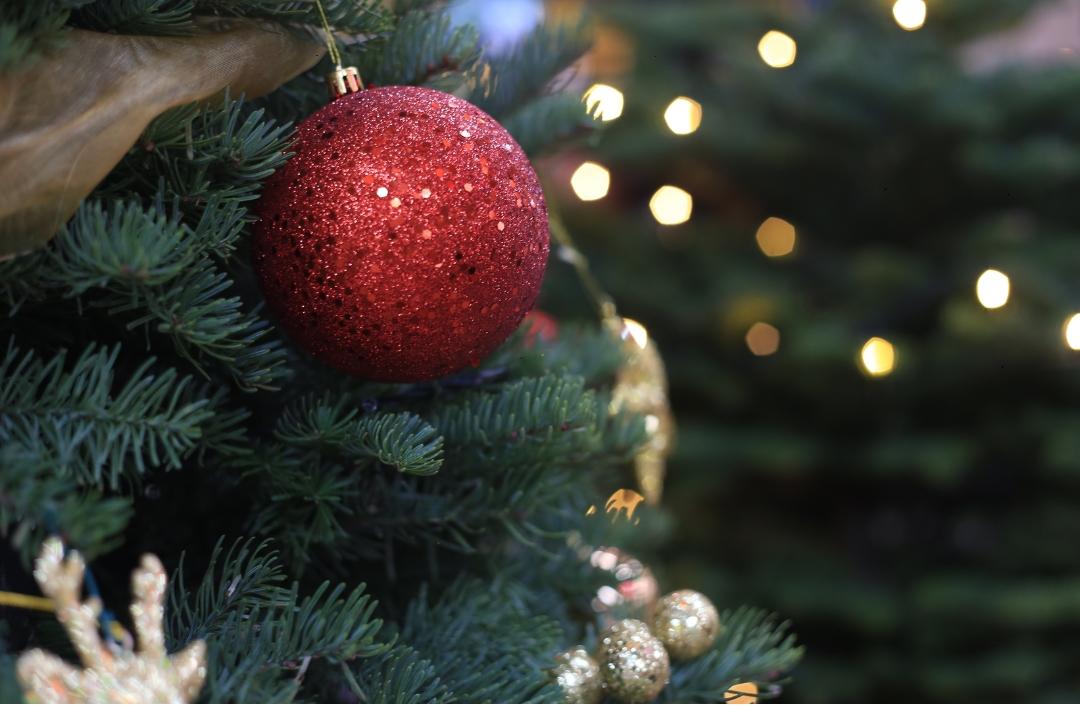3 Simple Practices for Sustainable Gardening
Sustainable gardening involves low-impact ways to grow plants that are less harmful to the environment. This is done by selecting and using gardening resources thoughtfully with the environment in mind. Here are 3 simple practices you can include into your routines for a more sustainable way of gardening!
Composting
Composting is the natural process of decomposing organic material. This process produces compost, which can be used as fertiliser for gardening. Compost enriches the soil and provides nutrients to allow your plants to grow better. It also helps to retain moisture and prevent plant diseases and pests! Recycling organic materials used to make compost reduces the amount of waste that goes into landfills. Free food for your plants + reducing your carbon footprints? We say that’s a win-win!
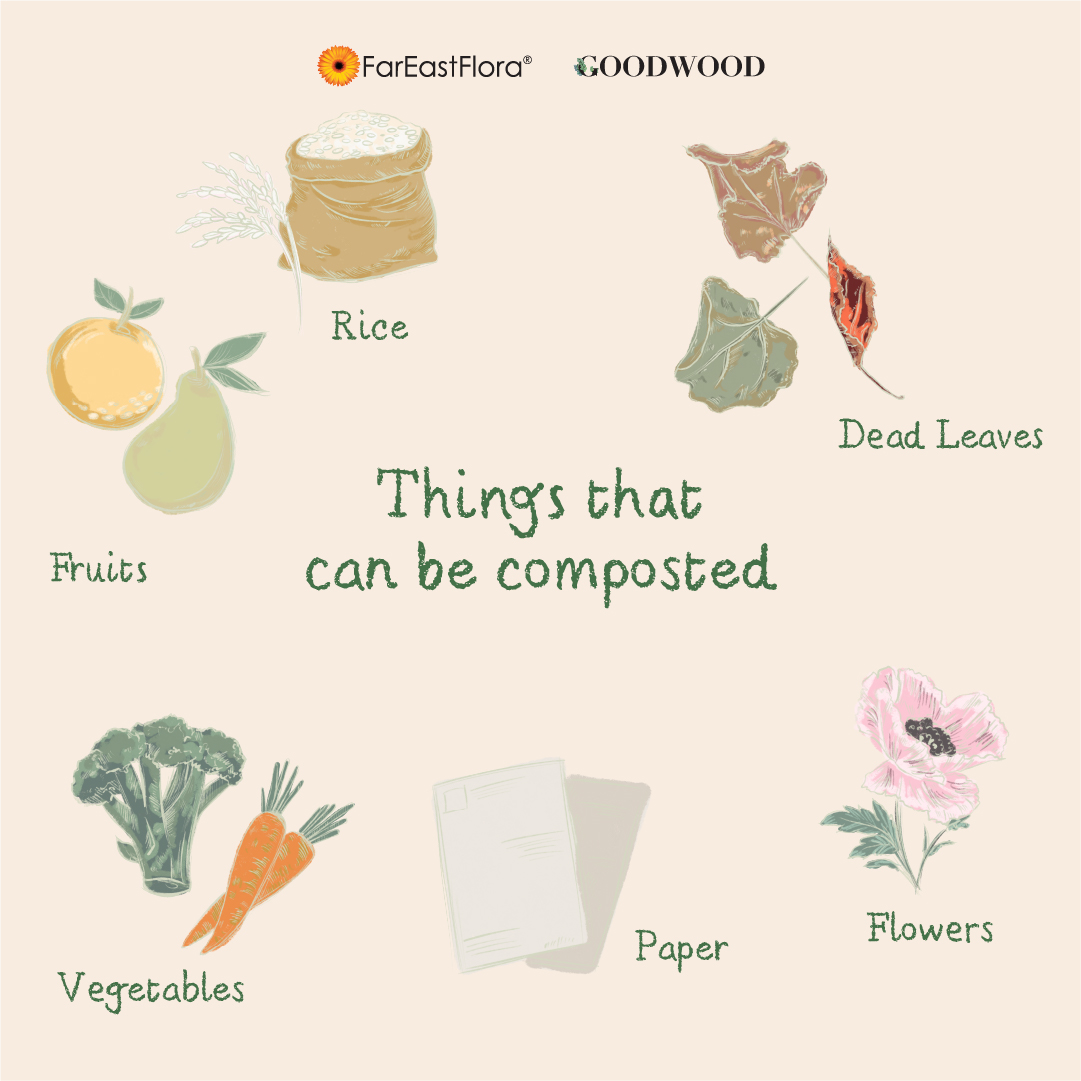
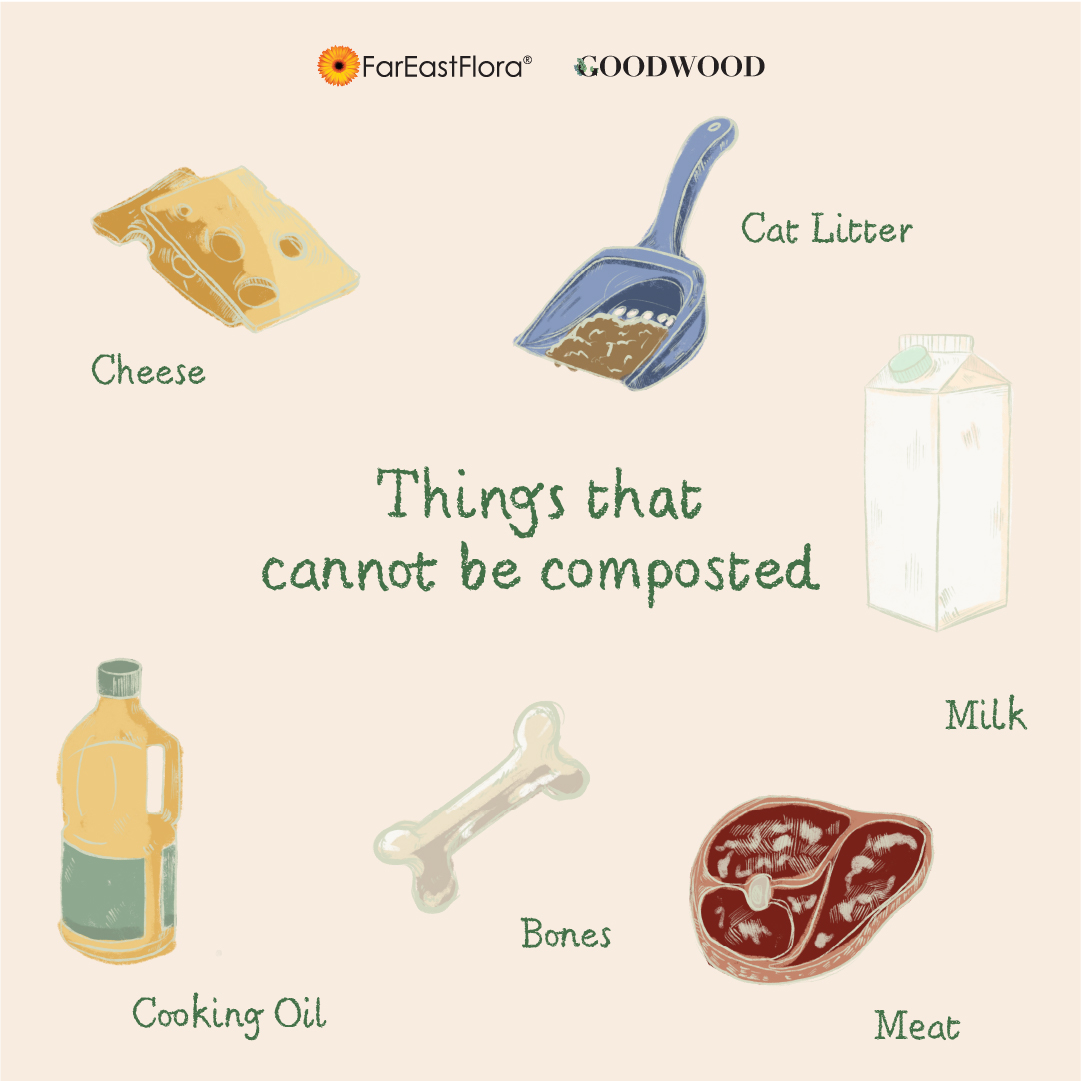
TIPS TO START COMPOSTING?
1. Invest in a compost bin or designate a composting area in your garden
2. Ensure that you have a good mix of “brown” (Eg. Dry leaves, egg trays) and “green” (Eg. Vegetable scraps fruit peels) materials for your compost.
3. Add your greens and browns into the compost bin in layers on top of each other.
4. Add some garden soil in between the layers to introduce beneficial microbes to kick start the composting process
5. Add water to keep your compost pile moist! Make sure not to overwater.
6. Remember to mix the contents of your bin every week to introduce air and speed up the decomposition process
7. Depending on your environment, your compost pile will be ready anywhere between 1-12 months!
Collecting Rainwater/ Rice Water
Save on your water bills by collecting rainwater. Not only does collecting rainwater allow you to save on your water usage for gardening, using rainwater to water your plants also has other benefits! Rainwater has a lower mineral count and pH (most plant species thrive in a slightly acidic environment). It also contains nitrate, which is a form of nitrogen – a key macro-nutrient needed for plant growth!
Upcycle your waste for gardening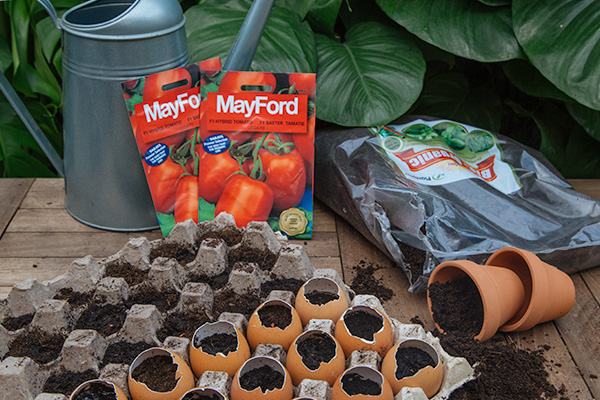
Turn your trash into treasure! Upcycling your waste not only helps to prevent waste, it can also be economical. Find creative ways to upcycle your waste by repurposing them for gardening. Egg trays and toilet rolls can be used as seed starters & because the cardboard is biodegradable, it can be transplanted with the seedling, reducing transplant shock. Plastic bottles are also popular objects that can be used to upcycle for gardening. Save your plastic bottles can be used for water propagation or mini greenhouses for your plants.
